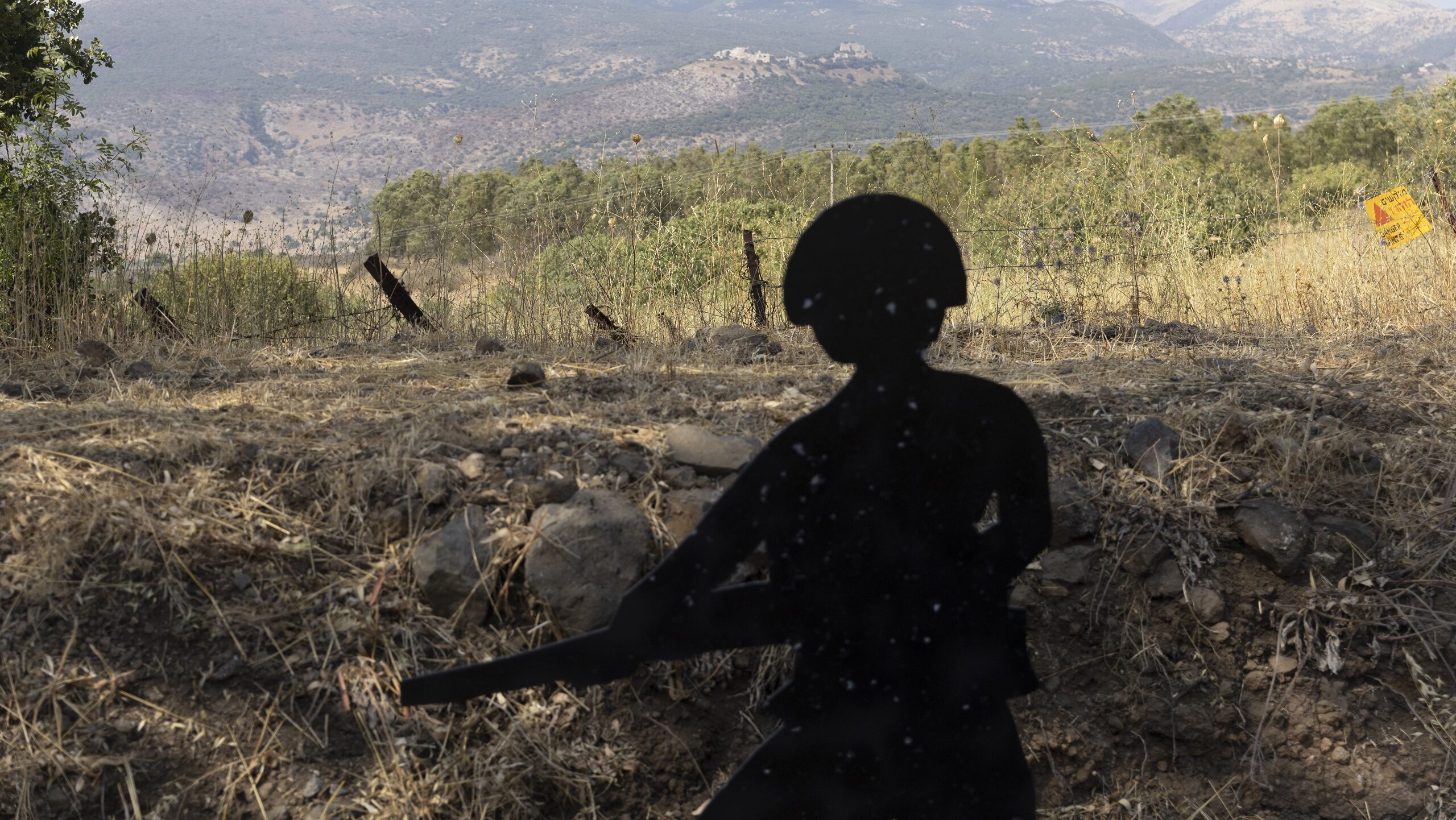Key Phrases Indicate Possible De-escalation in Israel-Hezbollah Conflict
In her latest opinion piece, Felice Friedson examines the nuanced implications of recent statements from key players in the ongoing Israel-Hezbollah conflict. Friedson emphasizes the importance of carefully analyzing the rhetoric of leaders like Hezbollah’s Hassan Nasrallah and other Iranian proxies, who have openly expressed their intentions. She criticizes Israel’s leadership for underestimating these threats, leading to severe consequences.
Eight months into intense conflict, a cease-fire in Gaza has become a crucial condition for regional stability. Lebanese Foreign Minister Abdullah Bou Habib conveyed Lebanon’s desire to avoid war, while Israel’s Foreign Minister Israel Katz stressed the need for a diplomatic resolution. Friedson discusses how international allies, including the European Union and the United Arab Emirates, are urging Israel toward peace.
This holiday season, give to:
Truth and understanding
The Media Line's intrepid correspondents are in Israel, Gaza, Lebanon, Syria and Pakistan providing first-person reporting.
They all said they cover it.
We see it.
We report with just one agenda: the truth.


Friedson also highlights internal divisions within Israel’s government, particularly between Defense Minister Yoav Gallant, who advocates for a diplomatic solution, and Prime Minister Benjamin Netanyahu, who remains focused on eliminating Hamas.
The analysis suggests that while there may be a path toward de-escalation, the situation remains precarious, with significant international pressure and complex geopolitical dynamics at play. Friedson warns that the future of the region hangs in the balance, with every word and action having potentially far-reaching consequences. To gain a deeper understanding of these intricate developments, readers are encouraged to read the full opinion piece.
To comment on the piece or share with friends, visit our Twitter page.

